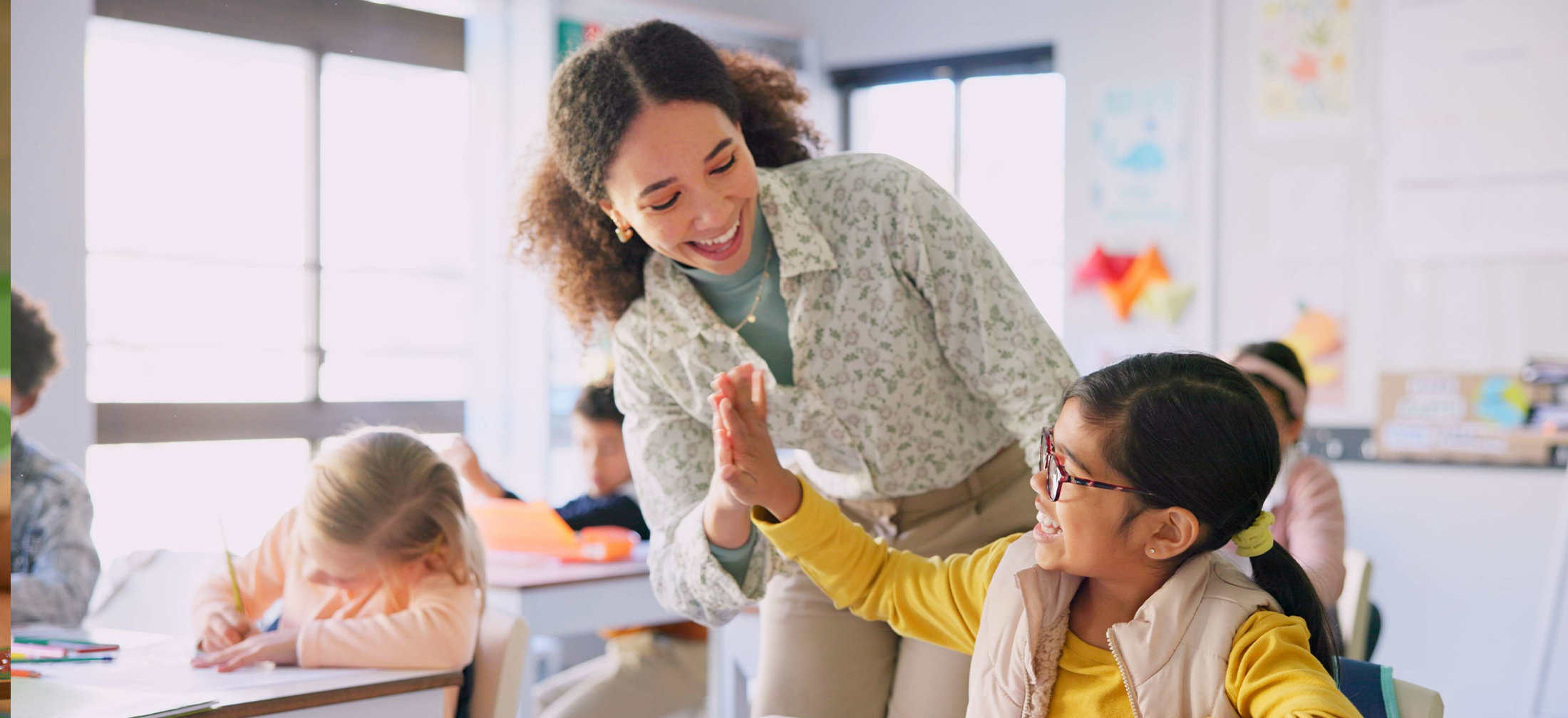
For the last several years, REL Central at Marzano Research and the North Dakota Department of Public Instruction (NDDPI) have worked together on multiple projects supporting innovative ways to deliver education.
In 2017, North Dakota legislators passed Senate Bill 2186, which officially authorized schools and school districts to take advantage of state waiver options and develop Innovative Education Program (IEP) proposals. The proposals allow schools and districts to take a more creative approach to the delivery and administration of education with the intent of providing increased educational opportunities and improved academic success.
“As a high school teacher, I am particularly excited about the opportunities we have to redefine the senior year, to reduce our focus on standardized tests, and really look at educating our kids more holistically,” Sen. Nicole Poolman, an English teacher at Century High School and primary sponsor of the bill, told the Bismarck Tribune at the time.
Later that year, staff members from REL Central at Marzano Research staff met with representatives from NDDPI as well as state, district and school representatives to determine potential supports for IEPs. NDDPI was interested in support around the evaluation requirements of the Innovative Schools legislation, and our research team assisted it in these efforts.
To date, REL Central staff have helped NDDPI develop evaluation rubrics for program proposals and has aided in the development of training materials to help participating districts evaluate the implementation and outcomes of their IEP to ensure they are consistent with legislative intent. These materials have aided the department in providing guidance, and districts have used the rubrics to craft their IEP proposals. In the future, we will provide training on program evaluation to NDDPI and interested district staff.
Ann Ellefson, NDDPI academic support director, who worked with us on the project, summarized the results of the work.
“When you are dealing with an issue as important as student learning and growth, the question must be ‘how is our education system growing with them?’” Ellefson told REL Central staff. “This program and rubric are a great step in making certain our innovations are aligned with the needs of our students, today and tomorrow.”
To complement and extend work at the state level, the partnership with North Dakota has also included district-level educational research. Legacy High School (LHS), for example, expressed interest in gathering data about its version of personalized learning. The school has implemented a daily schedule in which students have flexible time—time built into the school day to allow students choice in their learning activities. We provided support to LHS staff members in collecting and analyzing data to examine the outcomes of this flexible-time schedule, including how struggling and excelling students use their flexible time differently, and how different uses of flexible time relate to student learning.
Innovative programs such as this and an increased emphasis on personalized learning are already beginning to pay off for the Flickertail State. In the years since Senate Bill 2186 was passed and NDDPI partnered with us, North Dakota has seen improvement in its statewide graduation rate, participation rate, and student achievement.
Looking forward, we will continue to facilitate a process with NDDPI partners to collaboratively interpret education research data, including data from Innovative Education Program activities and from Legacy High School. Findings from the LHS study are tentatively set to be leveraged as a means of informing changes to student supports.
To learn more about the North Dakota Innovative Schools Research Partnership, click HERE. To learn more about partnering with Marzano Research, fill out our contact form or give us a call at 720.463.3600.



